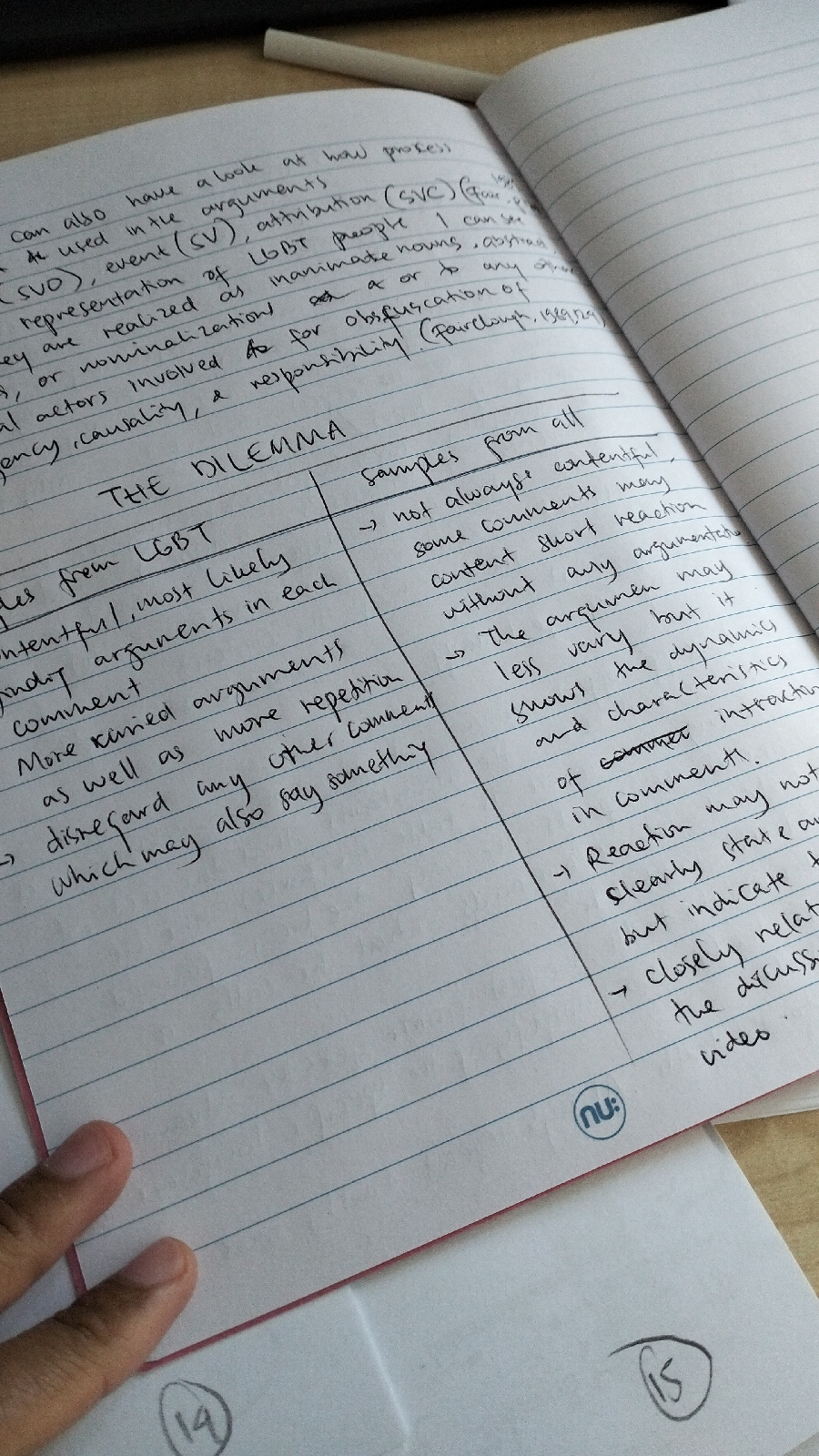When someone achieves high level of knowledge, s/he might not need religion.
This happens when someone with high knowledge, they tend to see things or diagnose any problem or situation from a scientific point of view, do observation and finally put it into clear and logical explanation. In this state, ones tend to consider themselves to be able to overcome their problems by themselves without any reliance on what the religion says. It is because people commonly come to religion when they are not able to find an explanation of things. In other words, it shows their weaknesses as human being.
Low level of knowledge view what happens as a mystery.
This shows the limited ability of ones to find an answer of what is happening in the surrounding. this is close to positivism which refers to the limited ability of human to explain stuffs. For example, when a kid is having fever, we might have ever heard people relate it to any interference of Jin or any spirits around. Here, the circumstance is perceived to be a mystery. Another example is Tsunami in Aceh in 2004. Not a few people saw this phenomenon to show that God is angry for what the people are doing there and urges the importance of taubah after this disaster. Besides, some people tried to make certain connections between what is happening with what Qur'an says in particular verses by matching the number of the surah and verse. Sorry to say, it is considered to be false logical thinking.
The knowledge in Pesantren is over.
If we try visiting some Pesantren and have a look at how Islam is taught by the Kyai as the main teacher, we will find that the knowledge of Islam there is delivered in one-way without much critical questions coming from the students. Yes, sometimes the students of the Pesantren might ask questions but still the explanation is referred to the books (so called Kitab Kuning, after the Holy Qor'an) being learned which have been used and repeated for long time from generation to generation. This kind of teaching is considered to be normative since it is related to an ideal standard or model, or being based on what is considered to be the normal or correct way of doing something (Al-Qur'an, Hadis, and Kitab Kuning). What has been told is that is to be followed with no more discussion on it.
Religious study doesn't meet the social expectation.
This case is closely related to the last point above. Islamic religious study is mostly normative and cannot really answer the recent social phenomena or problems happening in the surrounding which might have never found in the past. This kind of study may be enough for the agricultural people in rural area, but not for the people living in a competitive environment and global life like Jakarta. Too many contemporary things to be discussed and answered in accordance with Islamic jurisprudence. Therefore, this situation requires to conduct an empirical study in the planning and design of Islamic education.
If we try visiting some Pesantren and have a look at how Islam is taught by the Kyai as the main teacher, we will find that the knowledge of Islam there is delivered in one-way without much critical questions coming from the students. Yes, sometimes the students of the Pesantren might ask questions but still the explanation is referred to the books (so called Kitab Kuning, after the Holy Qor'an) being learned which have been used and repeated for long time from generation to generation. This kind of teaching is considered to be normative since it is related to an ideal standard or model, or being based on what is considered to be the normal or correct way of doing something (Al-Qur'an, Hadis, and Kitab Kuning). What has been told is that is to be followed with no more discussion on it.
Religious study doesn't meet the social expectation.
This case is closely related to the last point above. Islamic religious study is mostly normative and cannot really answer the recent social phenomena or problems happening in the surrounding which might have never found in the past. This kind of study may be enough for the agricultural people in rural area, but not for the people living in a competitive environment and global life like Jakarta. Too many contemporary things to be discussed and answered in accordance with Islamic jurisprudence. Therefore, this situation requires to conduct an empirical study in the planning and design of Islamic education.


